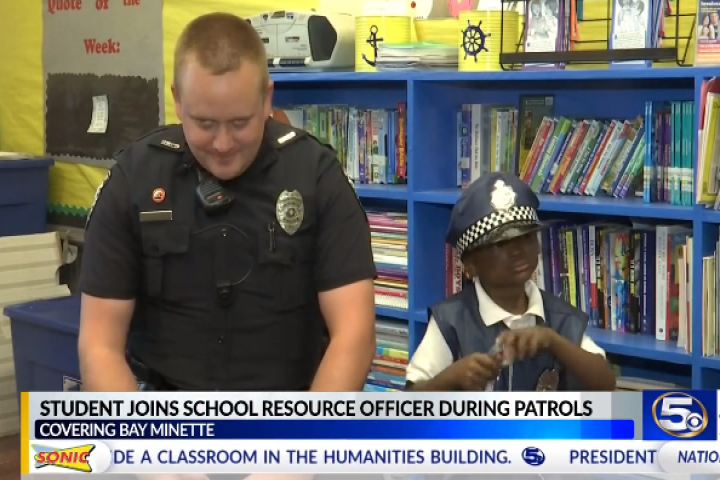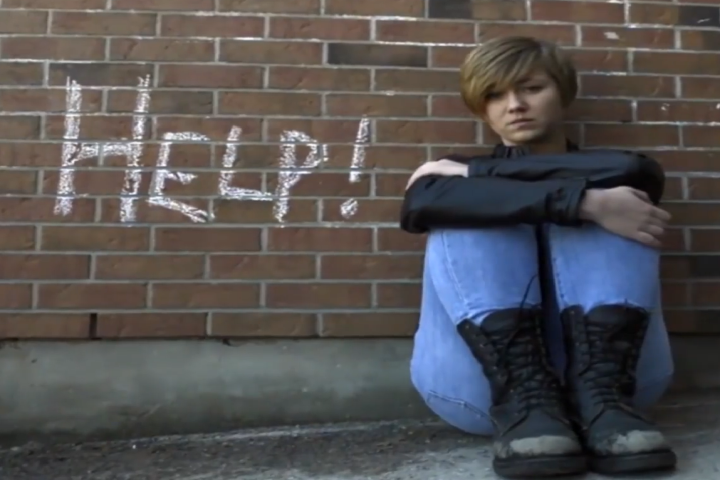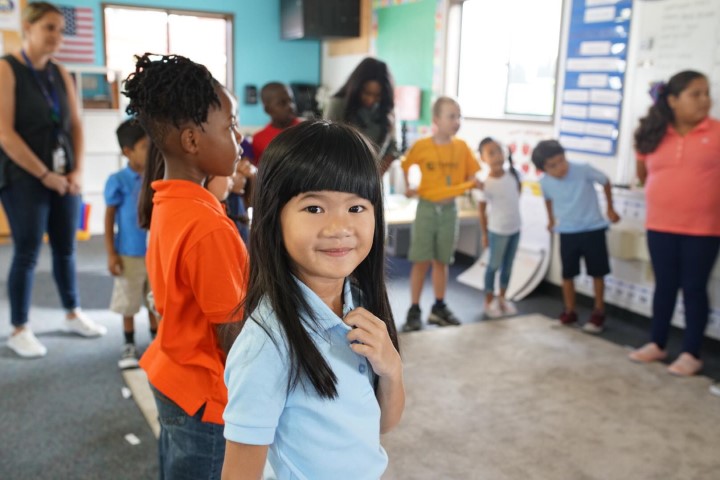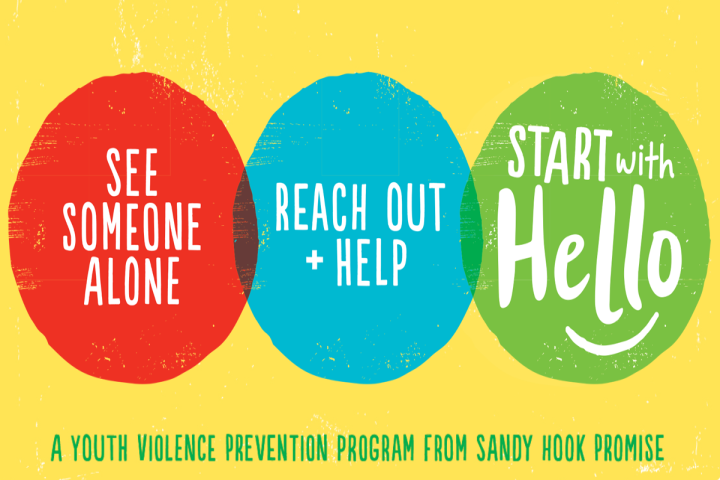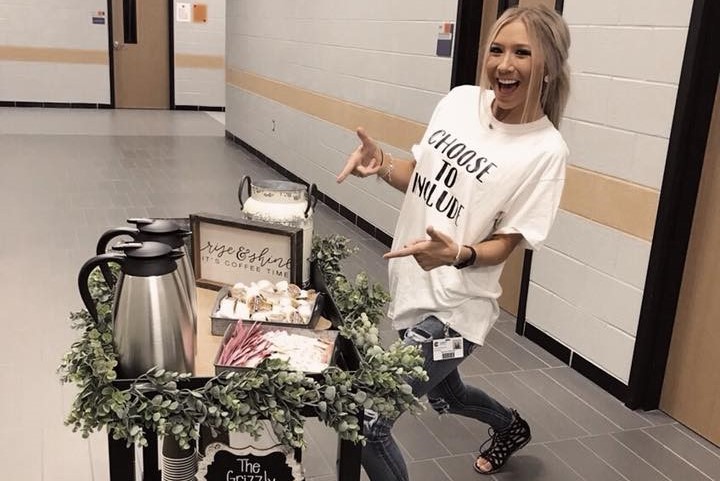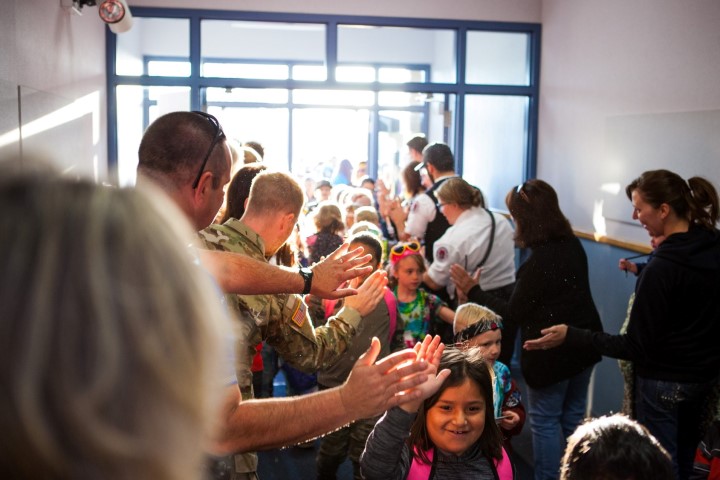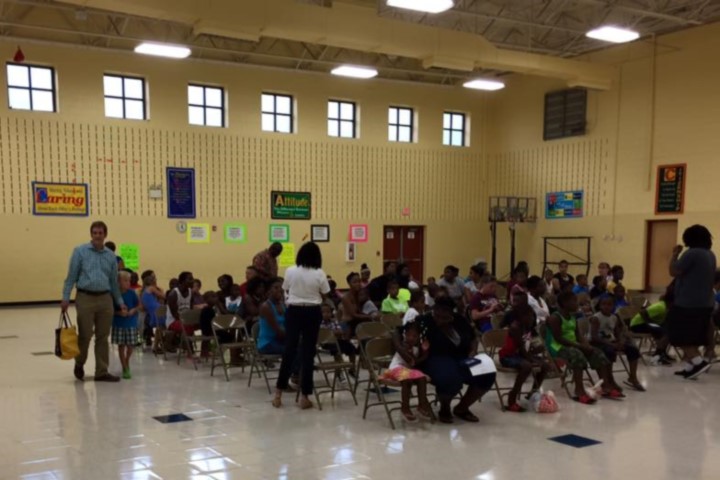Bay Minette, Alabama first-grader Braylon Henson wants to be a police officer when he grows up, thanks to school resource officer Ronald Saladin.
“I noticed his classmates were out there playing and he was in here by himself,” Saladin told WKRG. “I let him come walk with me because he felt left out.”
The 6-year-old was born with a condition known as Ectodernal Dysplasia, which means he was born without sweat glands and cannot go outside when the temperature is above 74 degrees. Teachers know to rub the boy down with ice if he overheats, but his condition means he can’t participate in all of the same activities as his classmates.
“He felt left out, and I didn’t want him to feel left out,” Saladin said. “His mom was afraid he was going to get picked on and bullied when he came to school.”
So Saladin befriended his little partner in August, and the duo have been patrolling the halls of Bay Minette Elementary ever since. Saladin even bought Henson his own mini uniform, complete with handcuffs, hat and badge.
“He would take my stuff but he wanted his own little uniform,” Saladin said.
Henson takes his new responsibility seriously.
“You know what you’re getting, right? A ticket,” Henson told a teacher after he found a pencil on the floor during a recent patrol.
“Hey! I’ll be back,” he warned another classroom.
Teachers told WKRG they’ve noticed Henson’s grades improving since he took on his new role, and it’s obvious his celebrity status on campus boosted his confidence.
“It’s definitely a blessing,” Saladin said, “like it was meant to be.”
The friendship between Saladin and Henson illustrates an important aspect of character education, through both Saladin’s mentorship and Henson’s new-found mission.
James Davison Hunter, founder of the Institute of Advanced Studies in Culture, wrote in his book “The Death of Character:”
Implicit in the word character is a story. It is a story about living for a purpose that is greater than the self.
Kenneth Shore, a psychologist, author and chair of a child study team for the Hamilton, New Jersey Public Schools, penned a column for Education World about ways educators can encourage students to engage in school.
“As a teacher, you will have greater success spurring a student to speak up if you can figure out why he is reluctant to participate,” Shore advises. “Whatever the reason for his reticence, your role is not to force him to speak; doing so will more likely make him clam up than open up. Your role is to provide a supportive, encouraging climate that helps him feel more comfortable, more confident, and less fearful of speaking up.”
